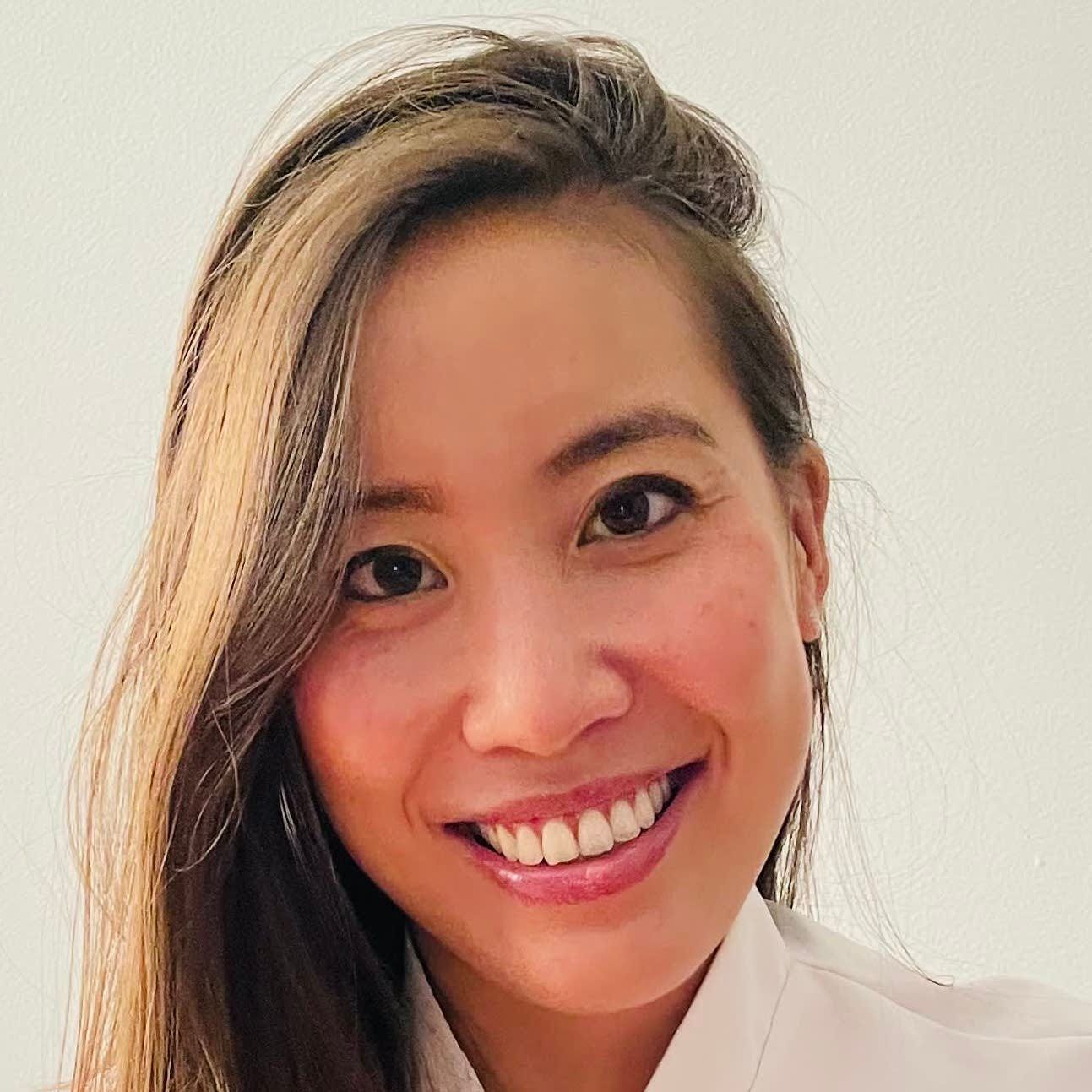Article
Switching Biologics Considered Safe, Effective in Pediatric Psoriasis Patients
Author(s):
Investigators believe this could be a good option for patients who did not respond to a first-line biologic, though further research is required.
Céline Phan, MD

A new study from France offered key insights into the practice of switching biologics in pediatric patients with psoriasis, noting that no significant differences were observed in drug survival rates between the 3 different switches featured in the study.
In 2018, investigators led by, Céline Phan, MD, Sevice de Dermatologie, Victor Dupouy Hospital, conducted a retrospective nationwide study of biologic treatments for pediatric psoriasis, by evaluating the drug survival of biologic agents in children with psoriasis in a real-life setting.
Additionally, the team noted that switching to another biologic agents could act as a therapeutic option for patients who do not respond to the first biologic agent they receive.
However, little information and guidance on this practice existed, prompting Phan and colleagues to conduct a further analysis of the pediatric psoriatic chohort.
The Methods
Phan and investigators conducted the observational study using data collected as part of their earlier, real-life pediatric psoriasis study.
Children were eligible for inclusion if they had received at least 1 injection of a biological agent licensed for pediatric psoriasis before the age of 18 years old. Biologics included etanercept, adalimumab, and ustekinumab.
All patients in the cohort were eligible for the current study. Data for a total of 134 patients were included in the study.
For the study, investigators defined the act of switching biologics as the substitution of 1 biologic agent for an alternative biologic agent due to adverse events, intolerance, or absence of efficacy. Within the 6-month following initiation of first-line therapy.
Data on sociodemographics, psoriasis characteristics, and the treatment history of patients who switched biologics were assessed for the subpopulation as a whole, according to the agents administered.
Continuation rates were analyzed for each agent according to whether they were used as a first or second-line biologic for 18 months, and were then compared between groups according to the combination of agents administered.
Tolerance was assessed through analysis of reports of serious adverse events.
The Findings
Of the 134 children in the cohort, 63 (47%) had received etanercept, 44 (32.8%) received adalimumab, and 27 (20.1%) received ustekinumab.
Additionally, a total of 29 children had switched between 2 biologics.
Of this subpopulation, 23 received etanercept as a first-line biologic while 6 received adalimumab. Among the patients who received the etanercept as the first-line biologic, 16 (69.6%) switched to adalimumab and s7 (30.4%) switched to ustekinumab, whereas all 6 of the patients who received adalimumab as first-line biologic switched to ustekinumab.
Main reasons for switching biologics included loss of efficacy (62.1%), primary inefficacy (20.7%), and parent’s choice (6.9%), while 1 switch was a result of adverse events or intolerance.
Additionally, the 18-month drug survival rate did not differ according to whether ustekinumab or adalimumab were given as a first-line or second line biologic (ustekinumab, P=.24, adalimumab, P=.68).
No significant differences in drug survival rates were observed.
Investigators believed the study demonstrated that switching biologics agents could act as a good option for patients who failed to respond to first-line biologics.
“More information and guidance regarding the practice of switching biologics in pediatric psoriasis would help to improve real-life practice and patient outcomes,” the team wrote.
The study, “Switching biologics in children with psoriasis: Results from the BiPe cohort,” was published online in Wiley Pediatric Dermatology.




